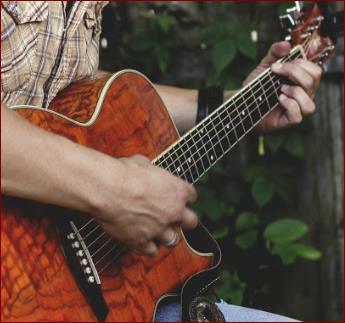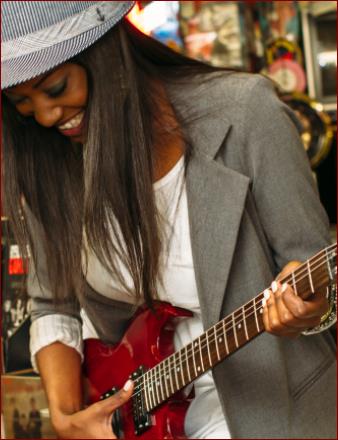Now the light begins to dawn
"can I still play guitar?"
"Can I still jam with my brothers blues band in LA.?"
"Or play solo at the local restaurant or wine bar?"
"Or do I only know a couple of power chords to thirty six original songs that belong to a band that doesn't exist any more?"
5 Experiment, always try new ideas, create your own exercises, & make variations to exercises in this book.
So Remember
Do all the exercises as many times as it takes, continually practise & use your ear & actually listen to what you are playing once the basic mechanics of the scale, chord, tune or whatever are understood.
So Remember
Do all the exercises as many times as it takes, continually practise & use your ear & actually listen to what you are playing once the basic mechanics of the scale, chord, tune or whatever are understood.


